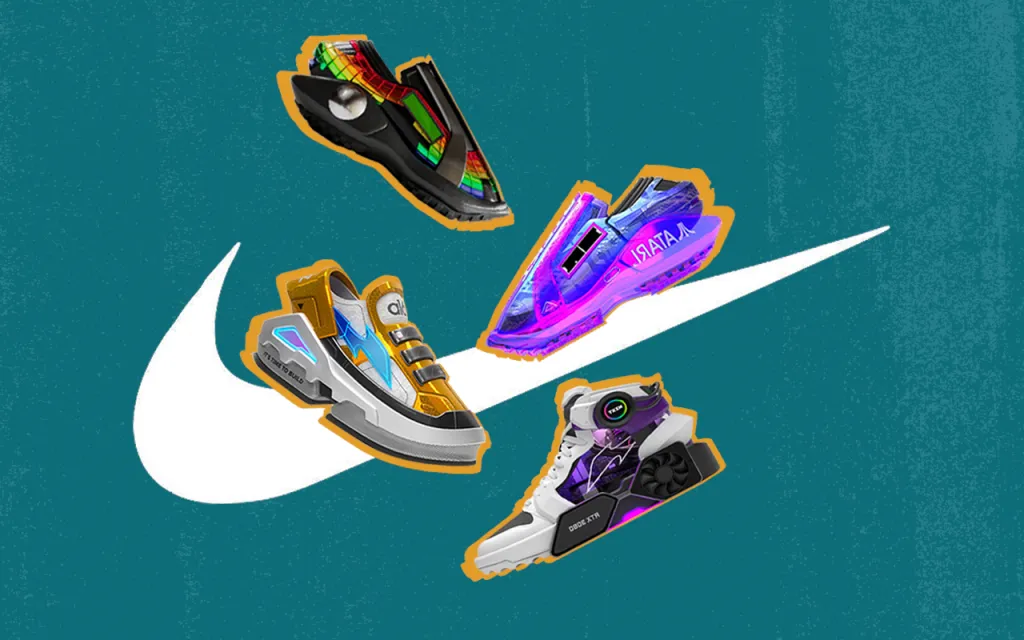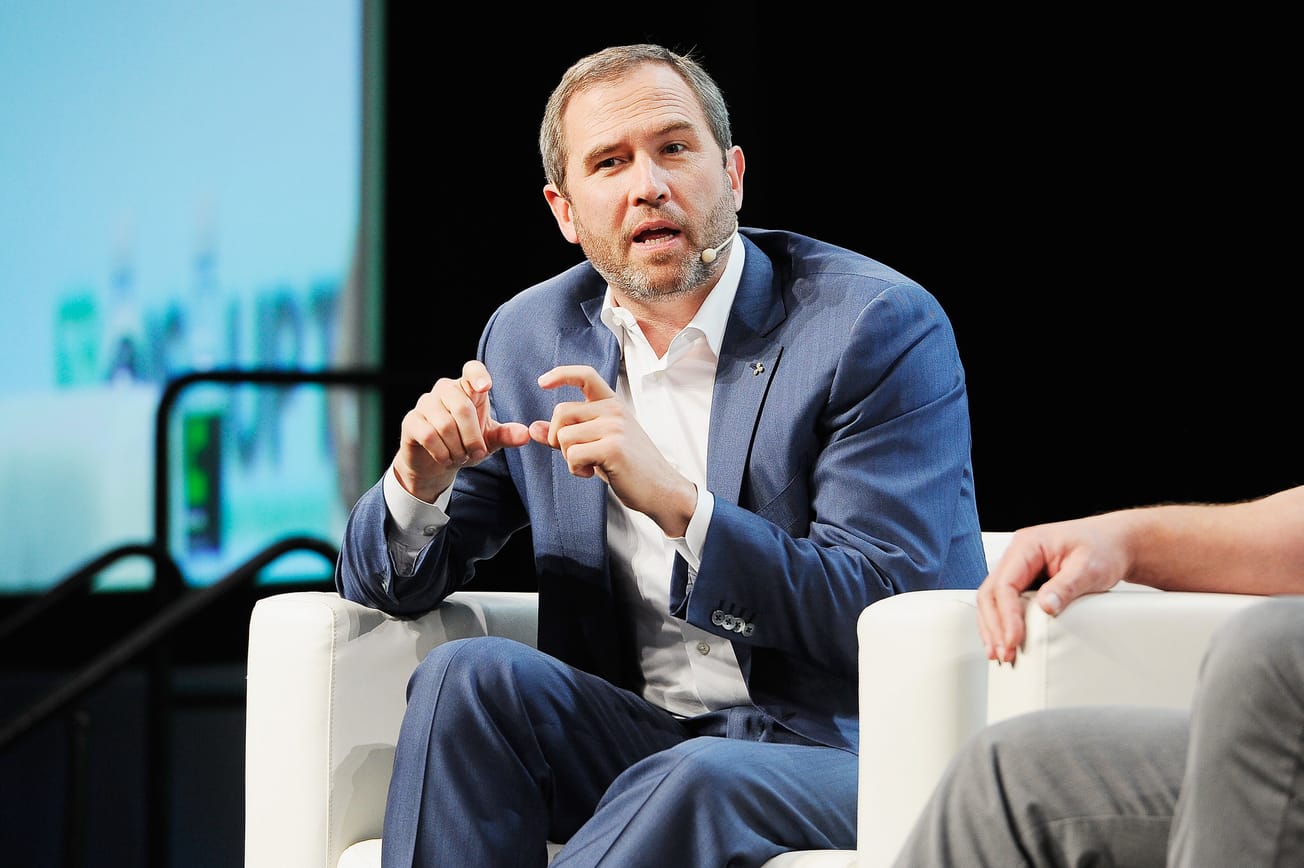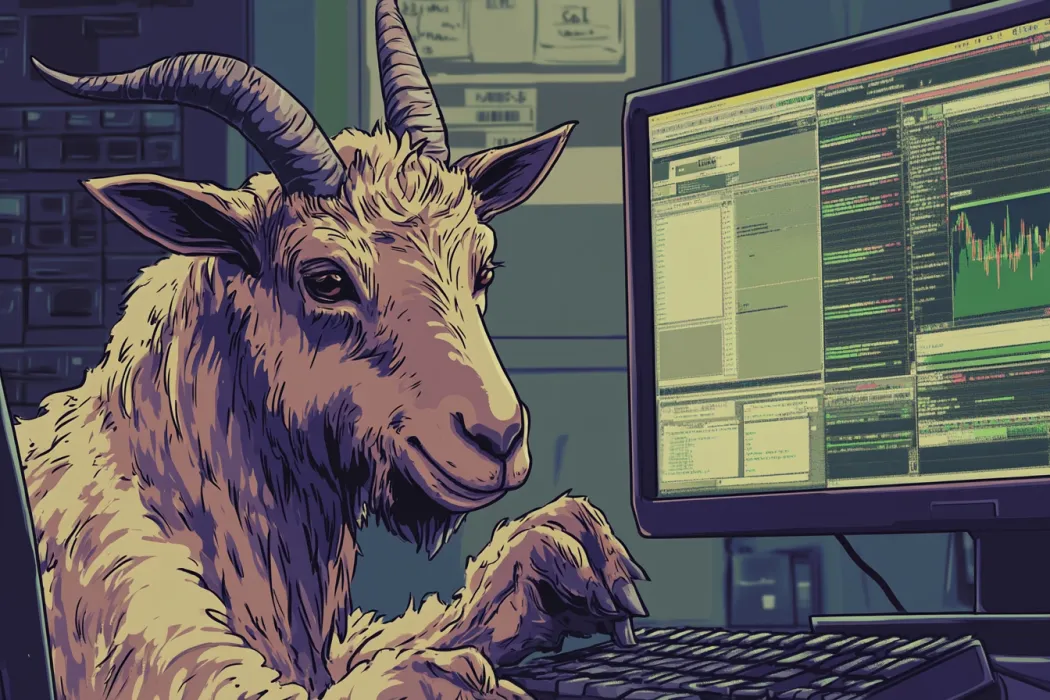Table of Contents
As the central pillar of the sportswear industry, Nike is the textbook definition of a strong brand. Being a formidable force in the wider clothing industry, Nike’s brand power has the ability to dictate the direction of fashion trends and influence styles throughout the sporting sector.
Now, the US sneaker giant is looking to tap its branding power by capitalising on Web 3.0. In October 2021, Nike filed seven patent requests to protect its “downloadable virtual goods”. One month later, the company debuted Nikeworld in the metaverse, in partnership with Roblox.
If this wasn’t enough, Nike accelerated its metaverse venture by acquiring digital studio RTFKT in December 2021. Chief Executive Officer John Donahoe said in a statement, “Our plan is to invest in the RTFKT brand, serve and grow their innovative and creative community and extend Nike’s digital footprint and capabilities”.
Nike’s acquisition distinctively differentiates itself from competitors such as Adidas. Unlike its German rival, which simply minted its own NFTs through partnerships, Nike is incorporating an entire wing dedicated to creating NFTs into the corporation.
But will Nike’s ambitious acquisition pay off? Sneakerheads seem to think so.
A Sneaky Look Into Sneakers
The sneaker industry was valued at around USD 79 billion last year, with Nike capturing about 50% of the market. As the leading brand in the sneaker market, Nike has held an unmatched reputation among sneakerheads. Nike’s frequent but limited releases keep the sneaker community on the edge of their seats as they seek to enrich their collection.
Enter NFTs.
NFTs provide an authentic way for artists and musicians to sell their work, and serve as another avenue for brands to license their IP. In Nike’s case, NFTs can be produced in the form of sneakers by RTFKT, which has an expertise in generating digital clothing.
Just as the bedrock of the sneaker community is constructed from scarcity, the nature of non-fungible assets means their value is derived from their uniqueness.
To find out how the sneaker community is reacting to Nike’s NFT acquisition, we spoke to a self-confessed sneakerhead whose shoe collection is worth over GBP 5,000.

Although Alex, 30, conceded that he “didn’t really understand the technical complexities of NFTs”, he said he would “still probably buy them as a collectors thing”.
“It’s not status as such,” he tells me, “It’s more to show that you’re enthusiastic about something”.
Trying to understand more about the appeal of scarcity, I asked Alex what appeals to him most about collecting sneakers.
“When something limited is made and you get your hands on it, flexing it on Instagram demonstrates your enthusiasm”, he explained. “NFTs are unique so it’s the same principle”.
Nike in particular hits close to home for Alex. “I’m biased, I love Nike and their drops. The biggest collab Adidas has is Yeezy, which isn’t that big any more in the shoe community. I only really buy Adidas for Ultraboost, caring more about comfort than style”.
“Nike has Jordan and massive one-off collabs as well as regular ones too like Travis Scott and Off-White”.
For a sneaker noob like myself, who only buys shoes for the practical purpose of wearing them, I asked Alex if there was any value in digital shoes considering they can’t be worn.
“Yes, there’s definitely value”, he said assertively. “It’s a collector thing – a lot of people buy to display. Collectors like BIGBOYCHENG even construct vaults to display their collections”.
Alex also highlighted how Nike has an established status, so its NFTs would be desirable. “Similar to Bored Ape’s status in the digital art world. It’s not just any old monkey. Nike too has a status in the sneaker space”.
Resale Market Madness
So Nike’s NFT acquisition appeals to sneakerheads by fulfilling their desire to own rare items. But another important part of the sneaker community is the resale market, which is estimated at USD 6 billion and expected to reach USD 30 billion by 2030. Money flowing within the resale market is revenue not attributed to Nike.
Sneakerheads may wish to support their favourite brands but are often only able to purchase the latest kicks from a third party. Nike might be dominating the USD 79 billion sneaker industry but is missing out on cash from its most ardent fans.
Nonetheless, Nike’s RTFKT acquisition will stimulate the NFT trading market, which reached USD 22 billion in 2021.
“A lot of sneakerheads are forced to buy on the secondary market. The same will happen with NFTs”, Alex predicts. “People will flip and people genuinely interested will need to pay resale value”.
“Sneakerheads have a perceived ‘value’ in their head”, he explained. “If you really like it, you’ll put your own worth on it”.

Alex added, “If someone with big exposure or fame says they have one, all their followers will follow suit. It’ll get hyped, just like NFTs”.
Whilst scalping is regarded as egregious behaviour, flipping trainers is more widely accepted in the sneaker community, and a practice that Alex is familiar with too. His biggest flip was securing a pair of GBP 90 Nike Dunk Low and selling it for GBP 350. He’s also had his fair share of purchases on the resell market, paying GBP 350 for a pair of sneakers worth GBP 100.
The parallels between the sneaker community and the NFTs are incredibly uniform, and Nike’s venture into the space will facilitate the transition from collecting trendy shoes to collecting trendy assets.
Nike may miss out on the money circulating in the NFT resale market, but the sporting giant has clearly found the compromise worthwhile in the sneaker world. Capitalising on scarcity will always lead to a resale market, but it’s a price worth paying.
Nike has long deserved a place in every investor’s playbook. Its NFT acquisition is further reassurance that Nike is not resting on its laurels despite being ahead of the competition.









